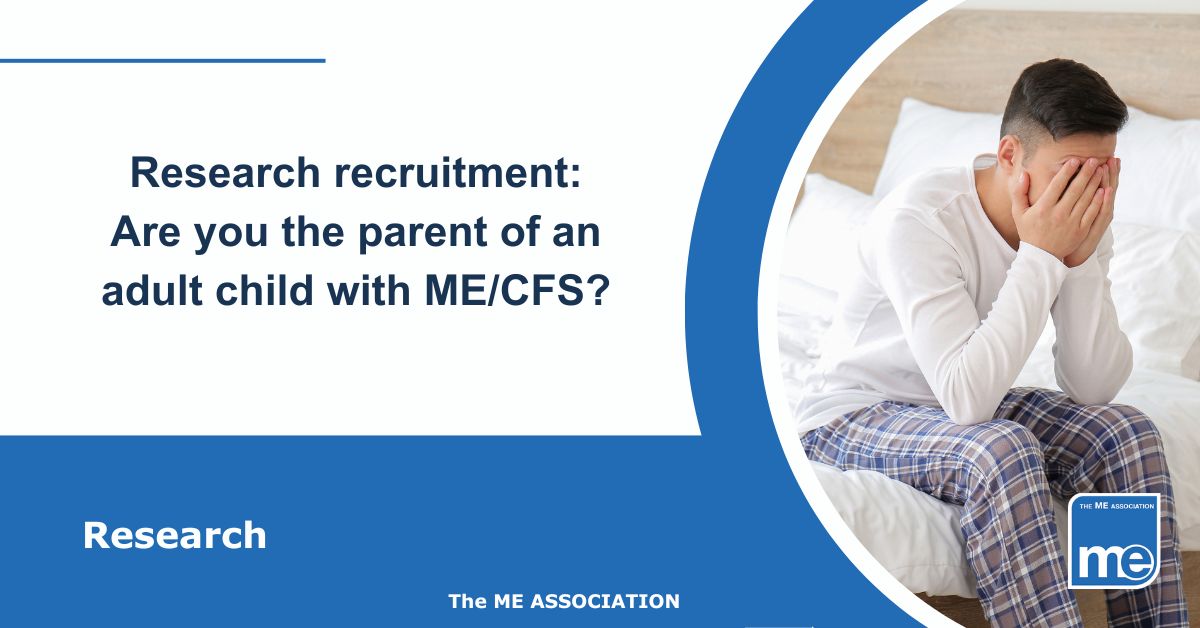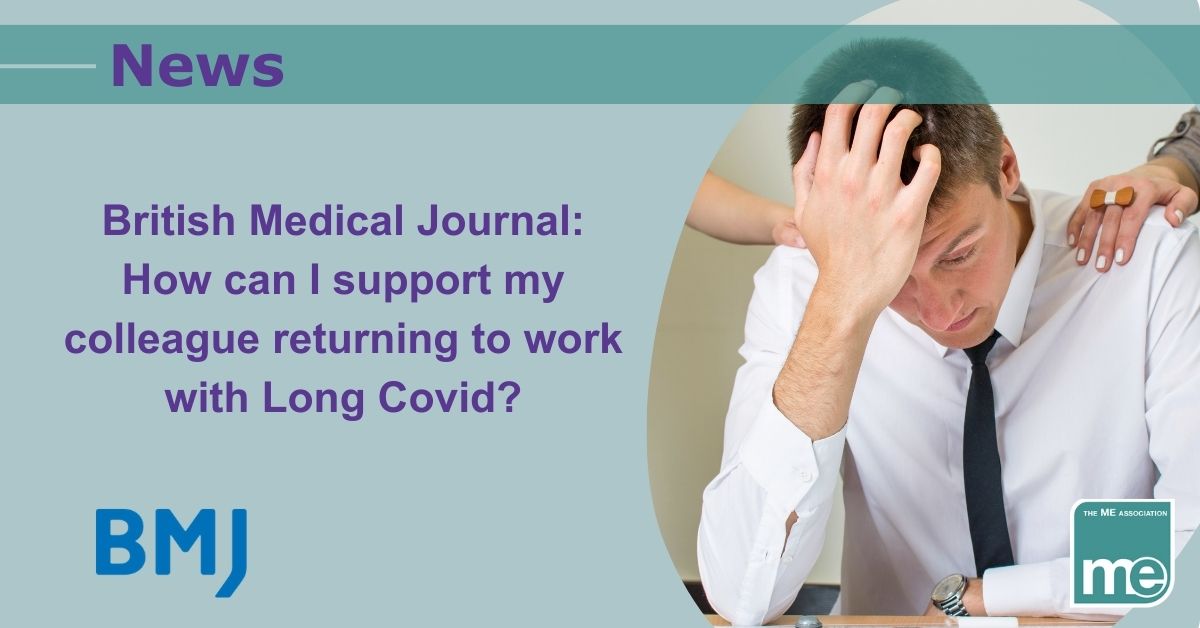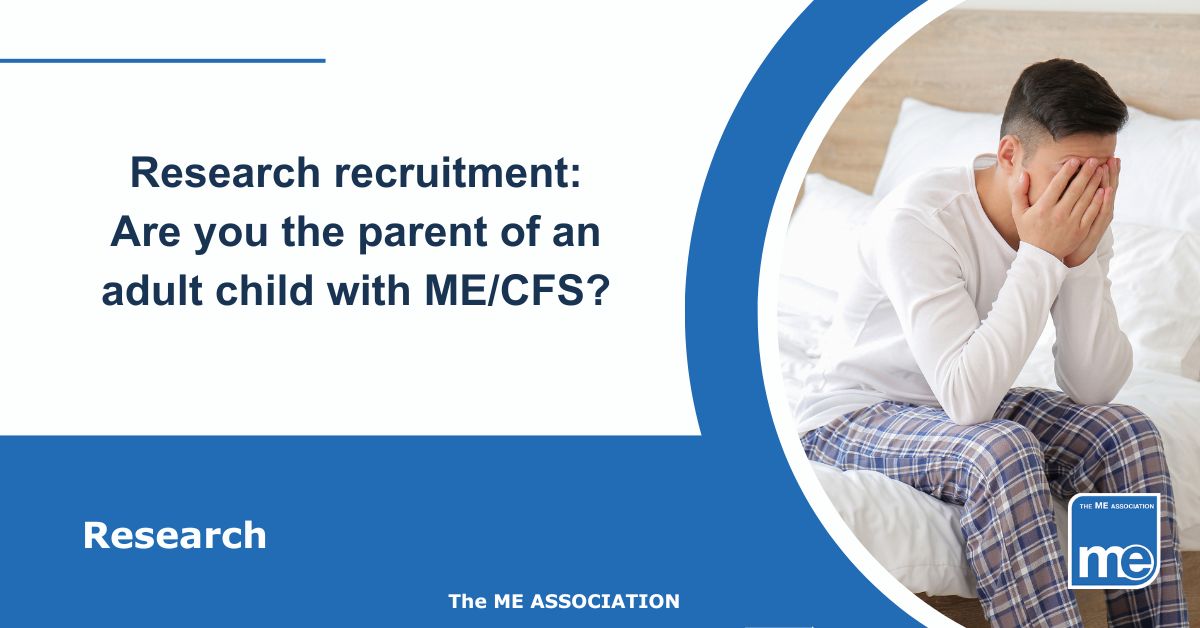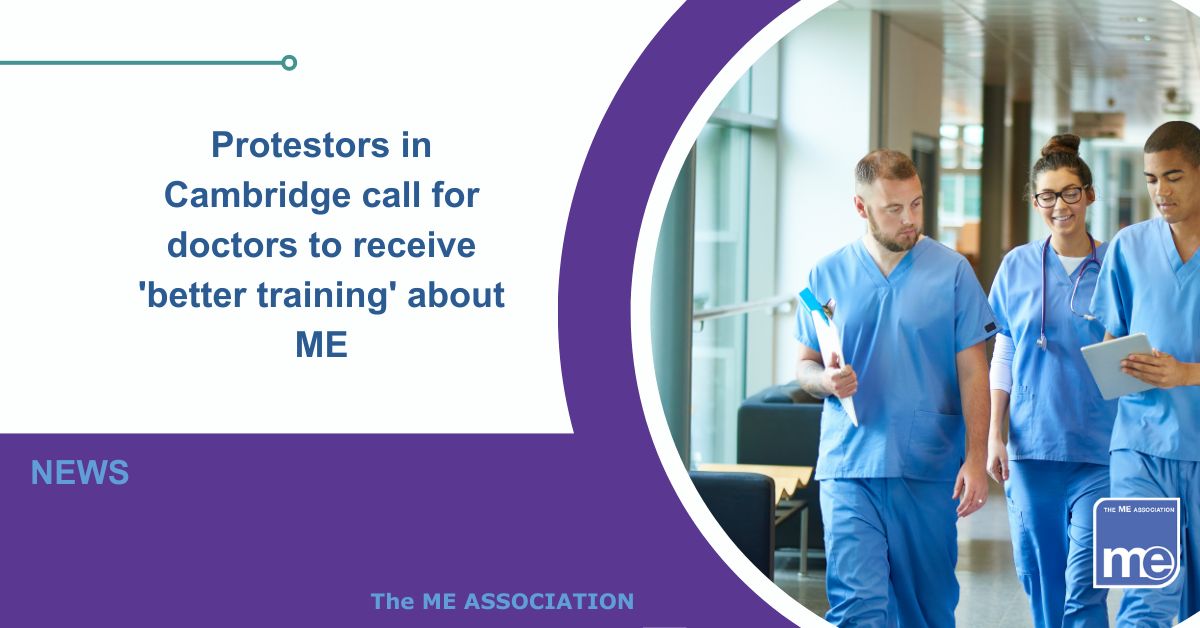NelliePledge
Senior Member (Voting Rights)
True but I think that’s true for most of us whether we realise it at the time or not
I think Charles Shepherd is wonderful.
I don't know how he has managed to keep going during the bleakest years in the UK regarding ME/CFS. Seriously. He has put up with so much shit. He's been patronised by medics for years, who themselves got it totally wrong.
The man deserves a medal!
Much as I appreciate him ...
... I really do get annoyed by how ME/CFS comes across when he describes it. He makes it sound like it's some Noddy illness, with a bit of fatigue and the odd ache and pain.
Even his description of GET for ME/CFS in this video, does not reflect just how much harm and in some cases, permanent deterioration, GET has caused.
Also, in this video at least, he makes it sound as though Long Covid is far more serious. There's the Noddy ME/CFS side of it (a bit of fatigue and the odd ache and pain) and then there's the serious side = goes in to a long explanation of post Covid research including known diseases that can result from a Covid infection.
Does anybody else feel this way?
Is Long Covid more serious?
I thought a recent paper from Leonard Jason et al showed that the ME/CFS cohort were actually more severely disabled later down the line.
... or am I missing something?
Apart from that (!!), I think this is a good presentation, directed at the laymen.
I think Charles Shepherd is wonderful.
I don't know how he has managed to keep going during the bleakest years in the UK regarding ME/CFS. Seriously. He has put up with so much shit. He's been patronised by medics for years, who themselves got it totally wrong.
The man deserves a medal!
Much as I appreciate him ...
... I really do get annoyed by how ME/CFS comes across when he describes it. He makes it sound like it's some Noddy illness, with a bit of fatigue and the odd ache and pain.
Even his description of GET for ME/CFS in this video, does not reflect just how much harm and in some cases, permanent deterioration, GET has caused.
Also, in this video at least, he makes it sound as though Long Covid is far more serious. There's the Noddy ME/CFS side of it (a bit of fatigue and the odd ache and pain) and then there's the serious side = goes in to a long explanation of post Covid research including known diseases that can result from a Covid infection.
Does anybody else feel this way?
Is Long Covid more serious?
I thought a recent paper from Leonard Jason et al showed that the ME/CFS cohort were actually more severely disabled later down the line.
... or am I missing something?
Apart from that (!!), I think this is a good presentation, directed at the laymen.
I am imagining it like this because when I go to the dr and the sit in front of me sneering and when they cut off all my sentences. I start to speak in a monotone and everything I say sounds trivial even to me because I’m gradually disconnecting from my own experience and focusing down on survival and self-defence. It’s human instinct not to increase one’s vulnerability whilst under attack. Self-preservation.
Wow, that's the perfect description of what happens to me, even during my 1ast GP home visit where I cou1d bare1y breathe even 1ying down in bed, propped up just enough to be ab1e to speak in partia1 sentences. Every attempt I made to exp1ain something was cut off by her.
I have emai1ed since then stating I wasn't ab1e to convey my symptoms accurate1y and wi11 be putting these in a 1etter.
Yes. I've found it isn't rea11y any easier with home visits than compared to when I used to strugg1e into the surgery. But then, I've on1y asked for home visits when my breathing is so bad I've gotten to the state that I fee1 1ike I am drowning.It’s such a hazard isn’t it?
I know that I can avoid this if I meditate for the few days that lead up to an appointment. I will not be deterred. Of course I can’t do this for almost all of my of my appointments I am too weakened sickened and utterly vulnerable.








The MEA Ramsay Research Fund will be funding detailed examinations of the brain, spinal cord and dorsal root ganglion in at least 5 people with a firm diagnosis ME/CFS who are aged between 18 and 50 at the time of death. We will then review the results and decide whether to proceed with funding further examinations.
- The upper age limit of 50 is in place to try and ensure that any abnormalities that are found in the brain and spinal cord are not age-related and are more likely to be relevant to ME/CFS.
I know the NICE guideline says it can be offered, but I don't think it should be repeated without the warning that it can also cause harm, as it did to me.CBT can, however, sometimes be of some help to some people with ME/CFS who are having difficulty in coping with and coming to terms with an illness that has such a devasting effect on almost all aspects of normal daily life – as it can with many other long term conditions.
Refers to this stuy, Does the effect of CBT for CFS (ME/CFS) vary by patient characteristics? A systematic review and individual patient data meta-analysis, 2023, KnoopAnother article from ME Association about CBT research by Knoop et al
https://meassociation.org.uk/2023/1...arch-promoting-cbt-as-a-treatment-for-me-cfs/
The Dutch model of CBT for CFS aims for people to no longer see themselves as being ill. It’s like the Chalder model. Not really about helping people come to terms with the illness (though that might be an incidental effect in the odd case).It's good that they are challenging this research, but I don't think there's any research evidence to support this:
CBT can, however, sometimes be of some help to some people with ME/CFS who are having difficulty in coping with and coming to terms with an illness that has such a devasting effect on almost all aspects of normal daily life – as it can with many other long term conditions.
I know the NICE guideline says it can be offered, but I don't think it should be repeated without the warning that it can also cause harm, as it did to me.
